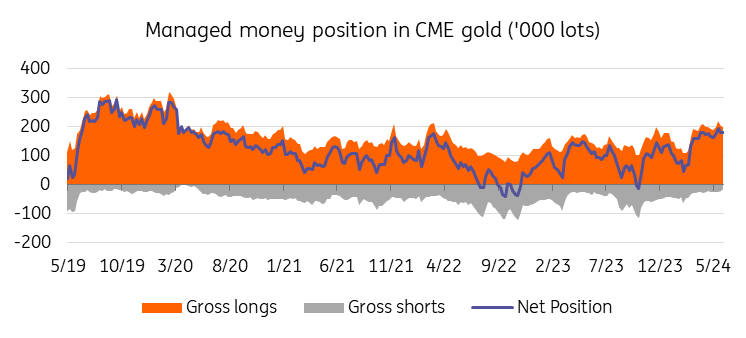Folks, let’s call a spade a spade. Donald Trump promised us ‘unprecedented prosperity.’ What we’ve gotten in his first 100 days is a gut punch to the market. As of April 30th, the S&P 500 is down a staggering 8% since his inauguration – the worst 100-day performance since 1974, when Ford took the reins from Nixon.

Photo source:www.washingtonpost.com
After two years of a glorious bull run – gains exceeding 20% annually – Wall Street has executed a brutal 180. This isn’t some minor correction; this is a serious reckoning.
Trump’s tariff tantrums and relentless trade war threats have sent shockwaves through the market, triggering intense volatility. And let’s not forget the aggressive crackdown on undocumented workers and the mass firings within the federal workforce. These actions aren’t exactly inspiring confidence, are they?
This market downturn is the seventh fastest since 1929. Siebert Chief Investment Officer Mark Malek nails it: “This is extreme, textbook systemic risk.” It’s not targeted; it’s indiscriminate, spreading like wildfire across sectors and asset classes. Random pronouncements and policy flip-flops are only adding fuel to the fire.
Let’s break down what’s happening under the hood:
Systemic Risk Explained: This isn’t about a single company failing. It’s a risk to the entire financial system, where problems in one area can cascade through everything. It’s scary stuff.
Trade Wars 101: Tariffs, while intended to protect domestic industries, often lead to retaliatory measures, stifling global trade and economic growth. It’s a lose-lose situation.
Market Psychology: Investor sentiment drives markets. Uncertainty and fear lead to selling, driving prices down. Trump’s unpredictability is creating a perfect storm for fear.
Historical Context: Comparing this performance to 1974 is crucial. That period was marked by stagflation – high inflation coupled with slow economic growth. Are we heading down the same path? The signs are concerning.
This isn’t just about numbers; it’s about the future of American prosperity. We need calm, thoughtful leadership, not impulsive decisions fueled by ego.





